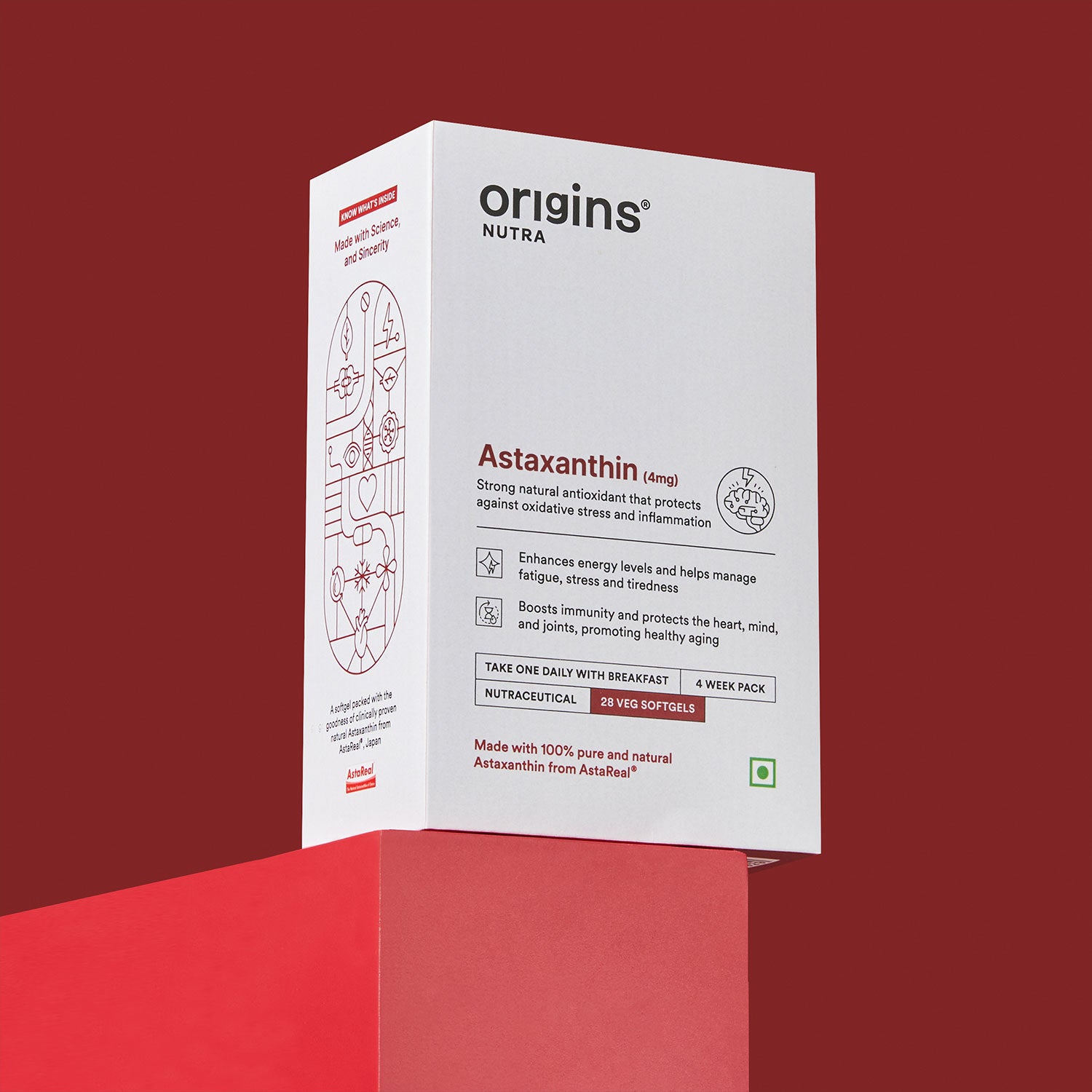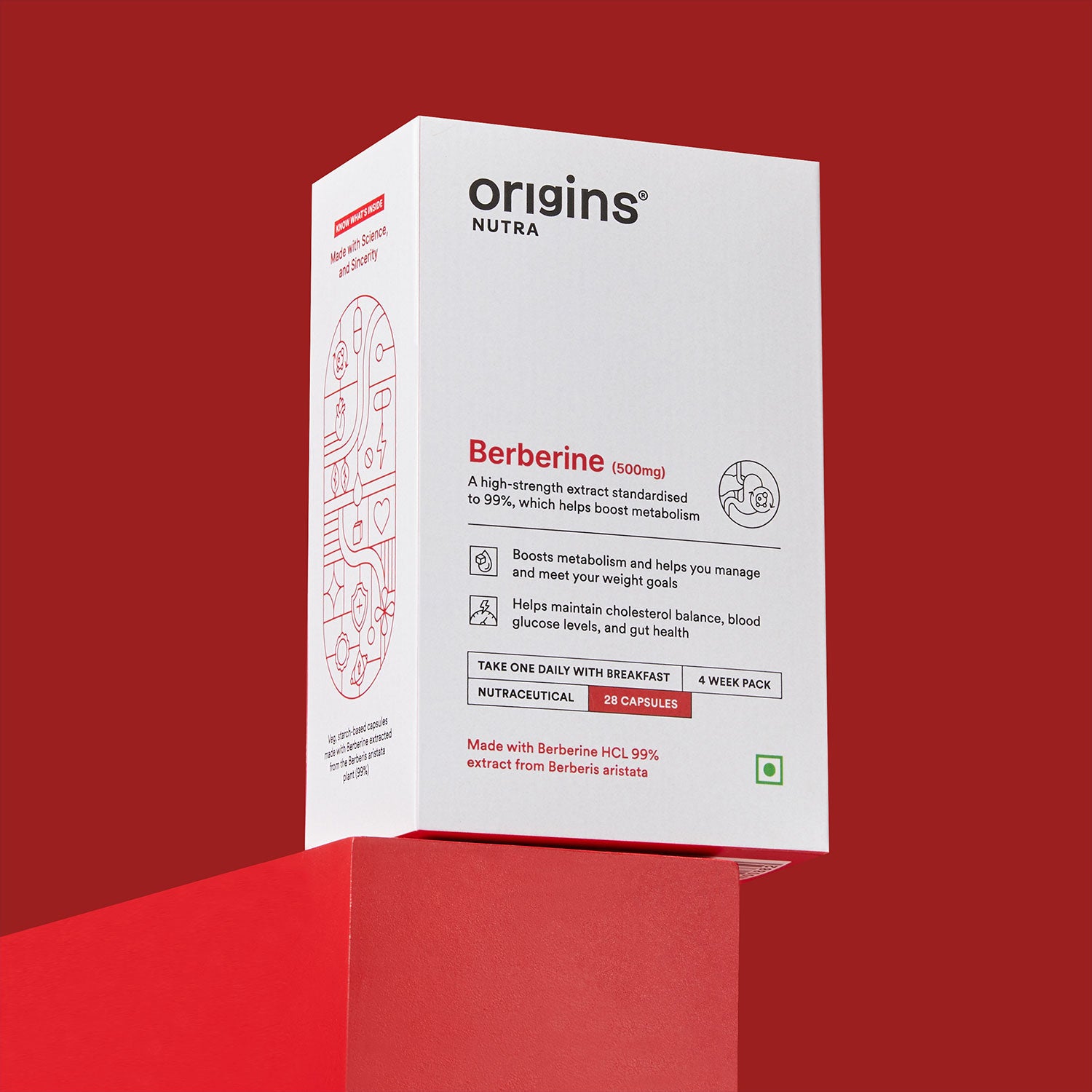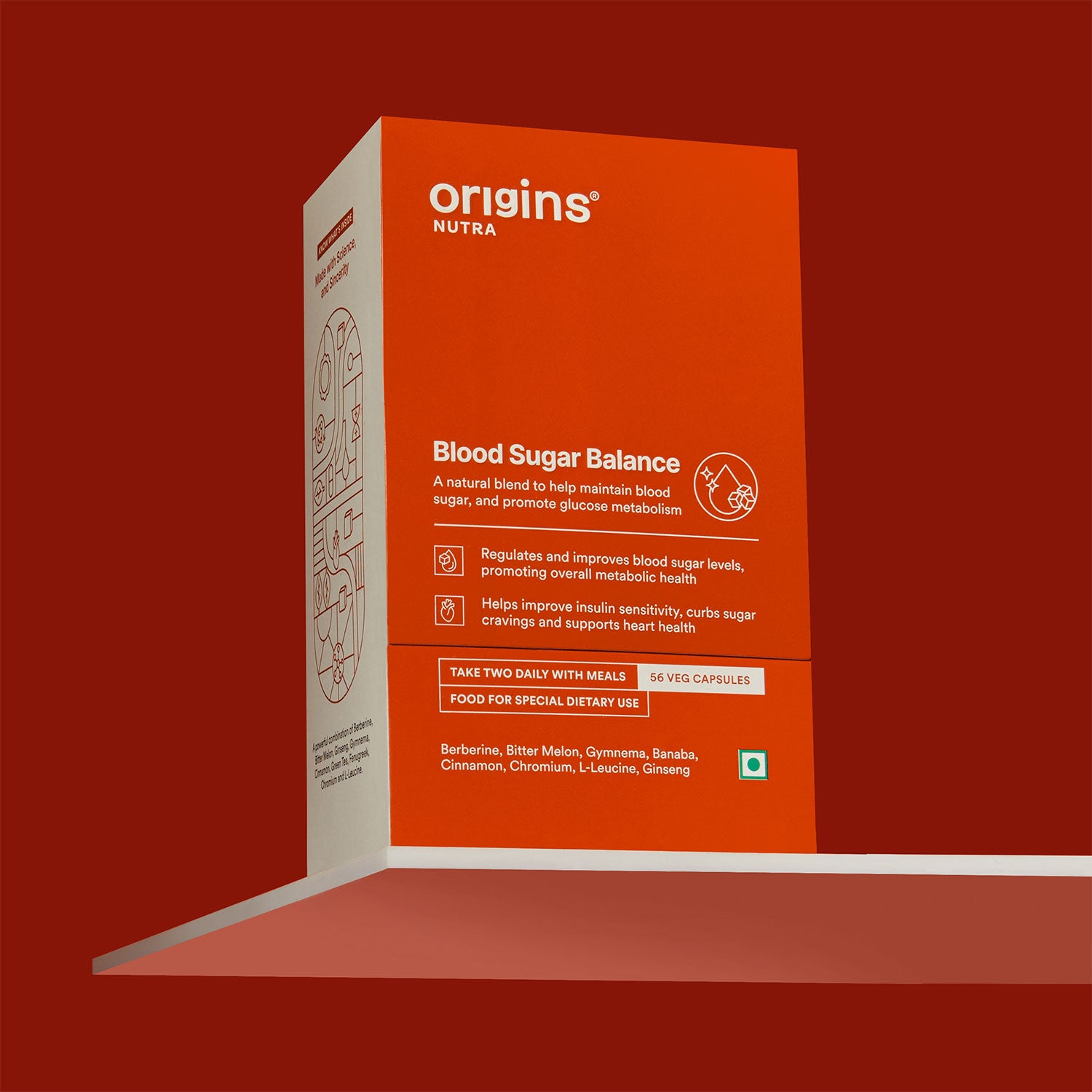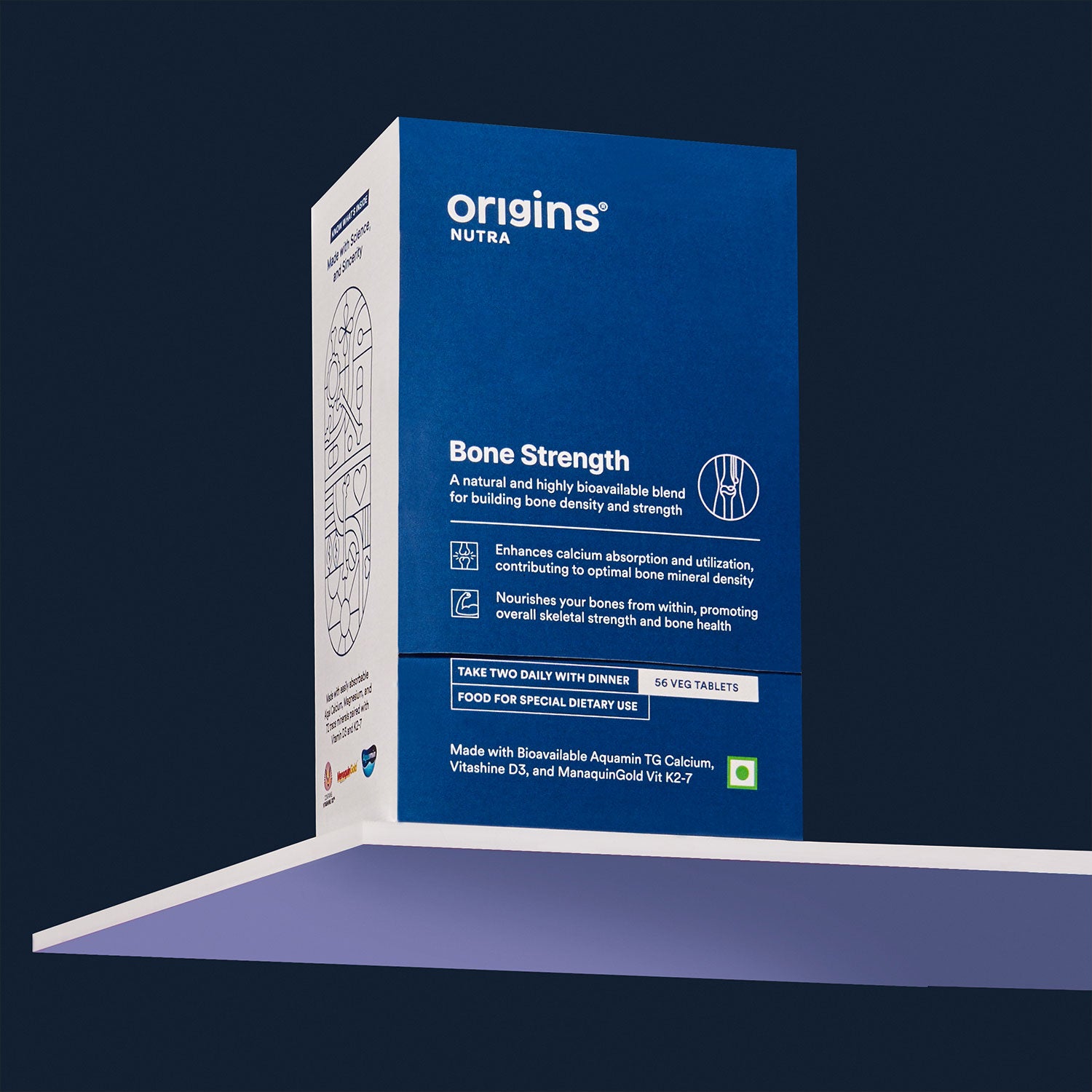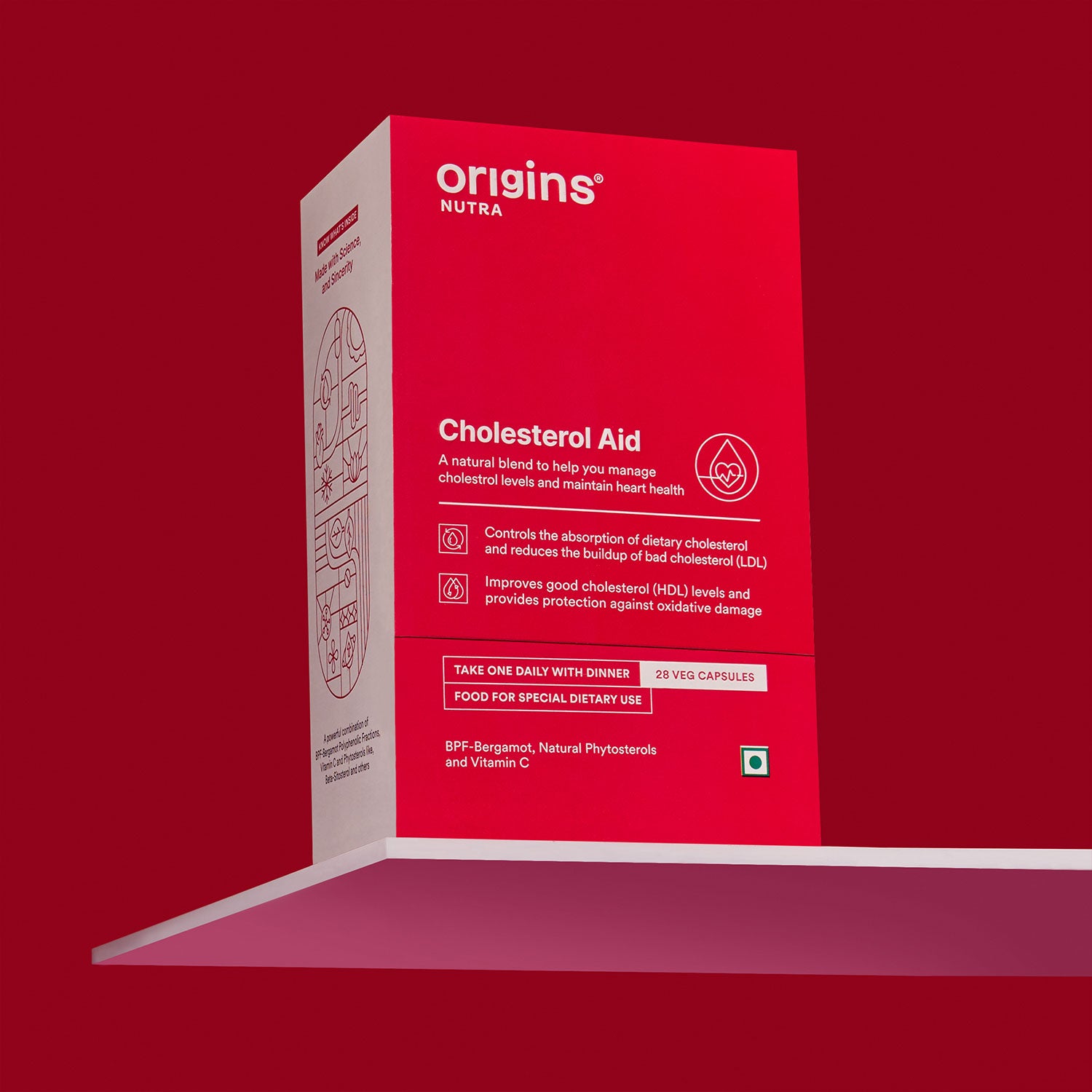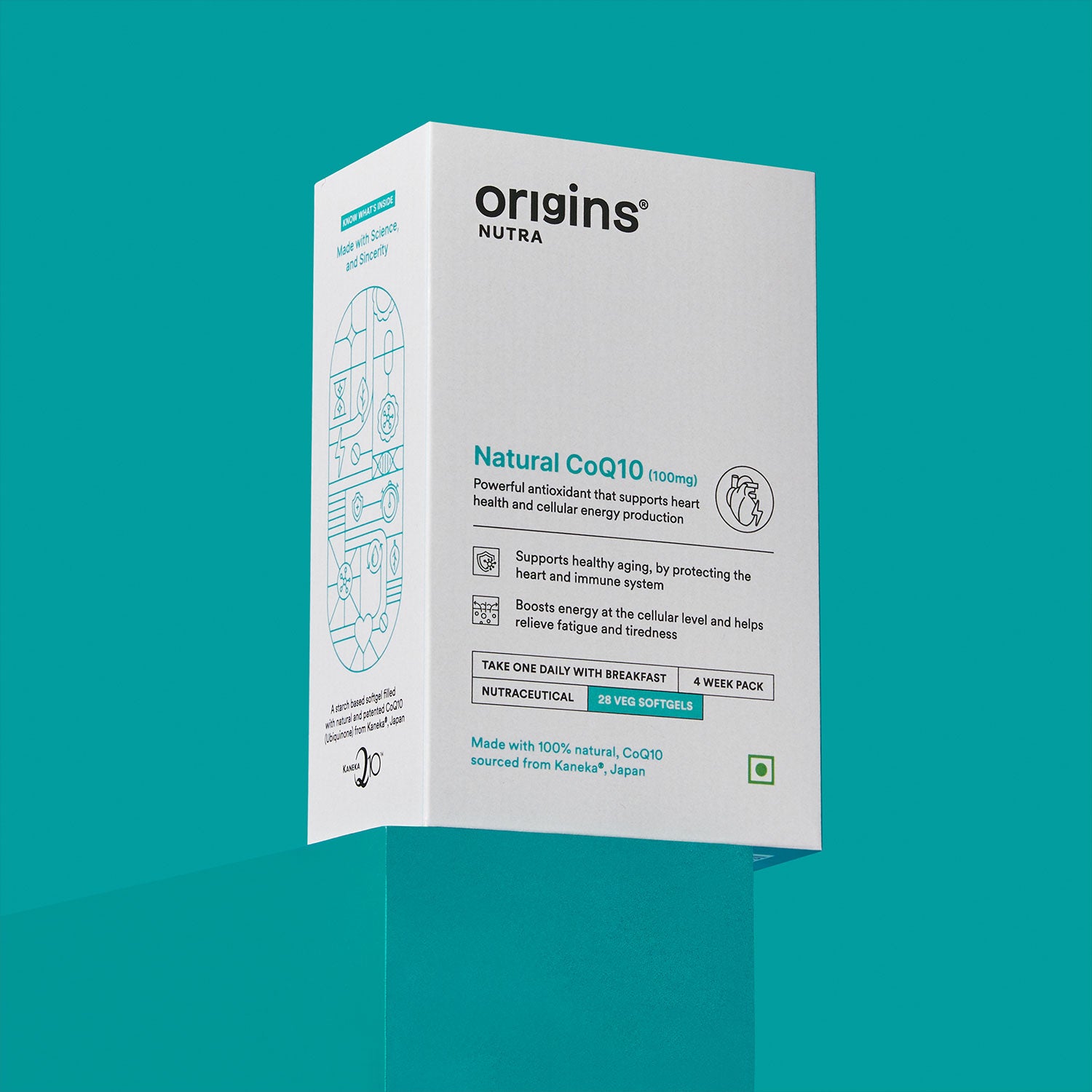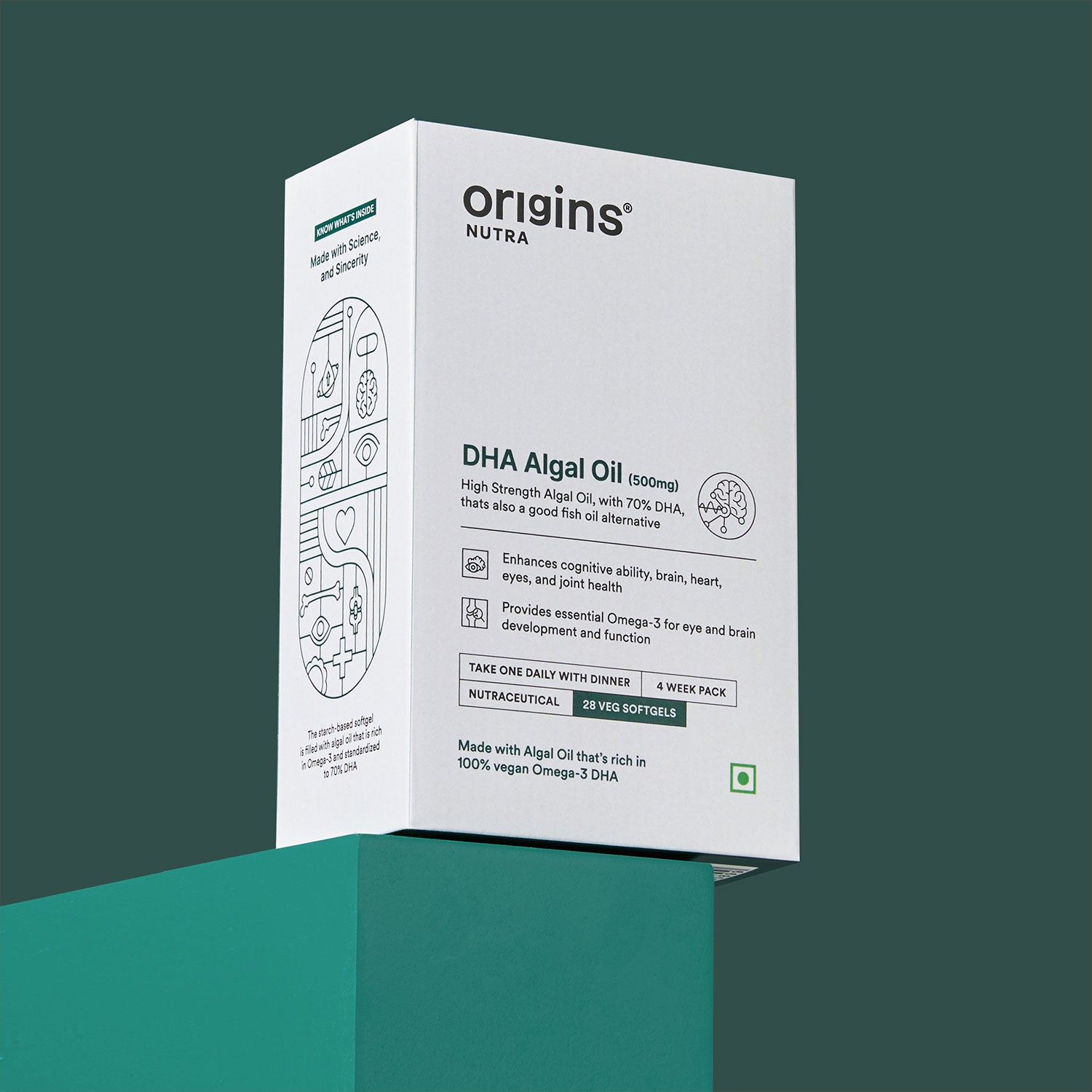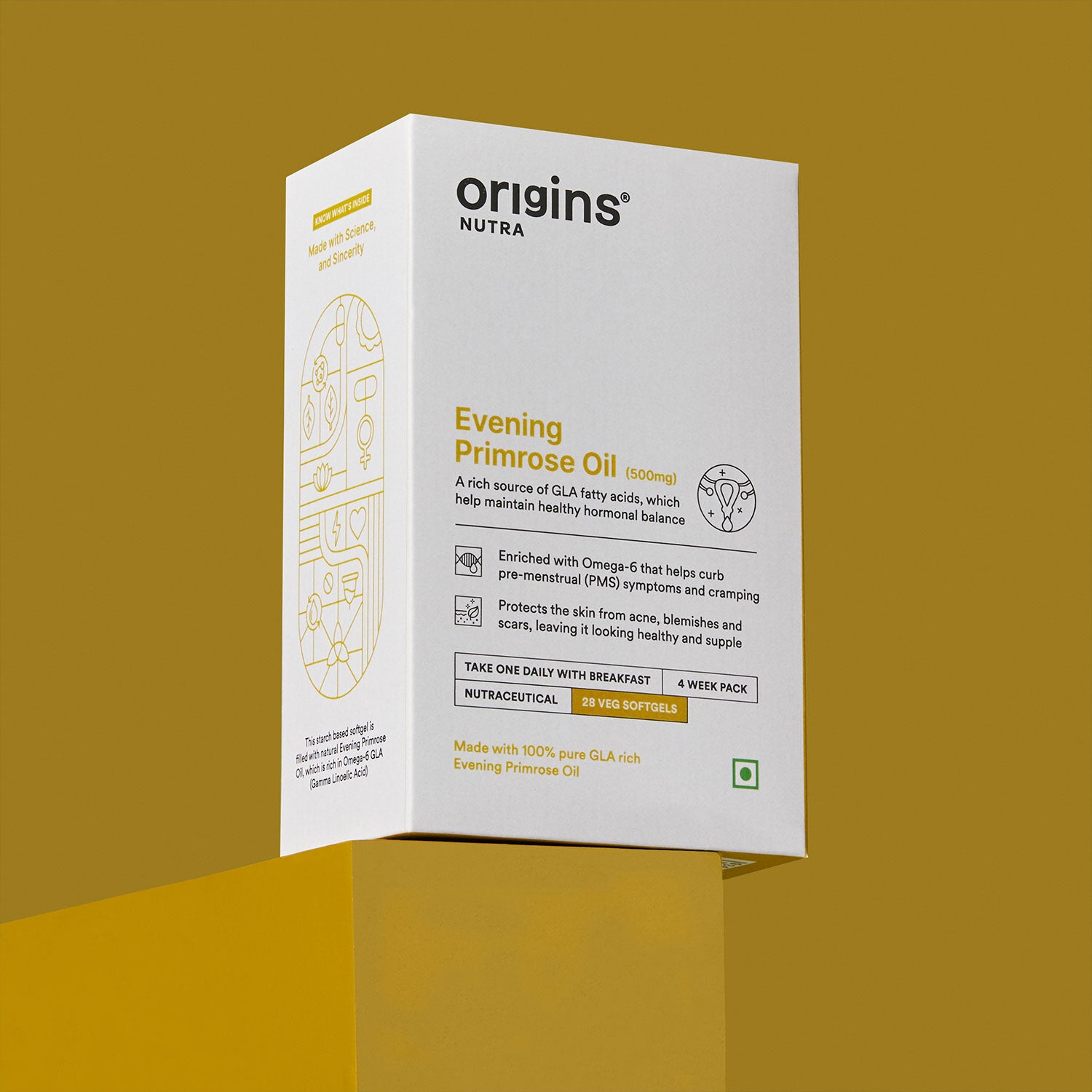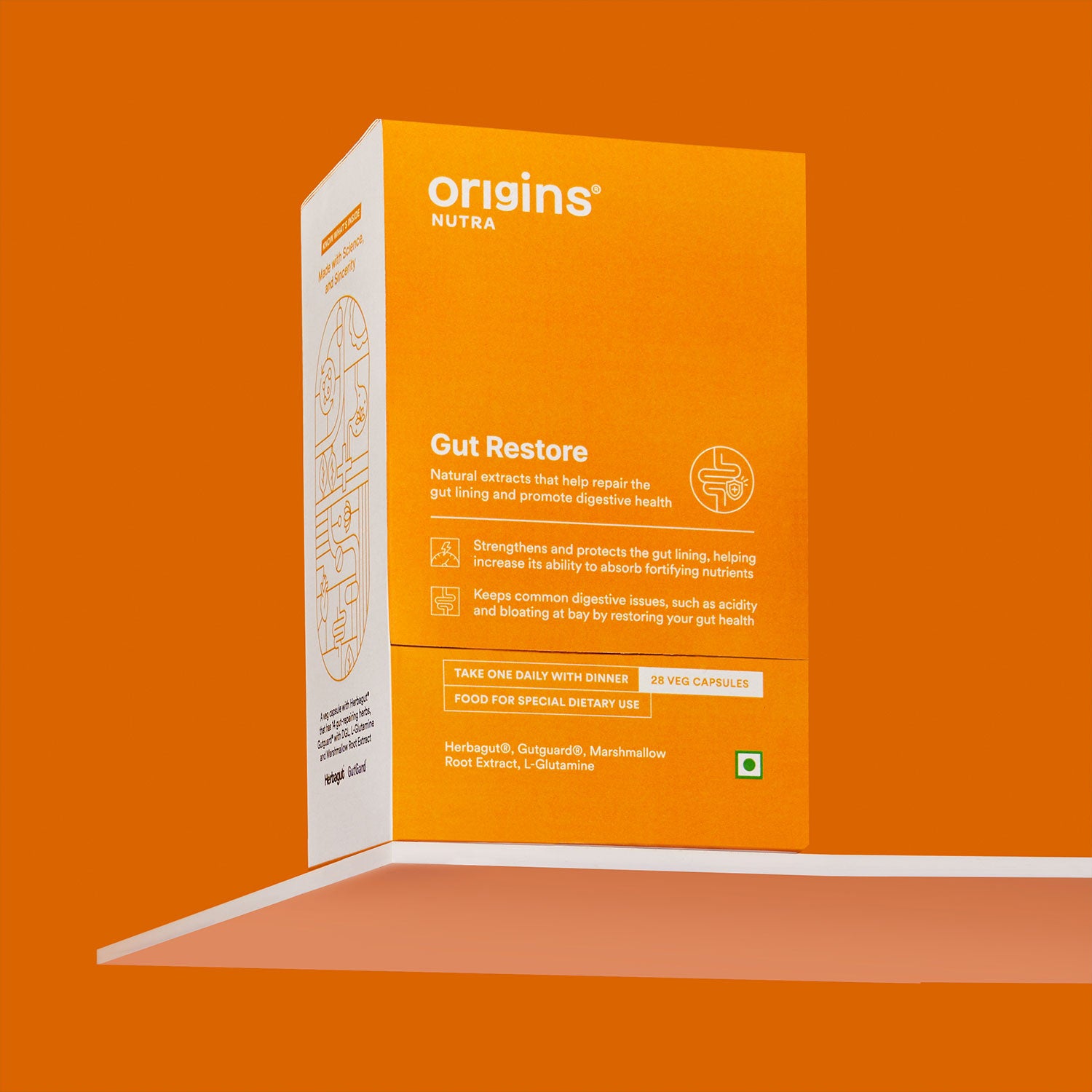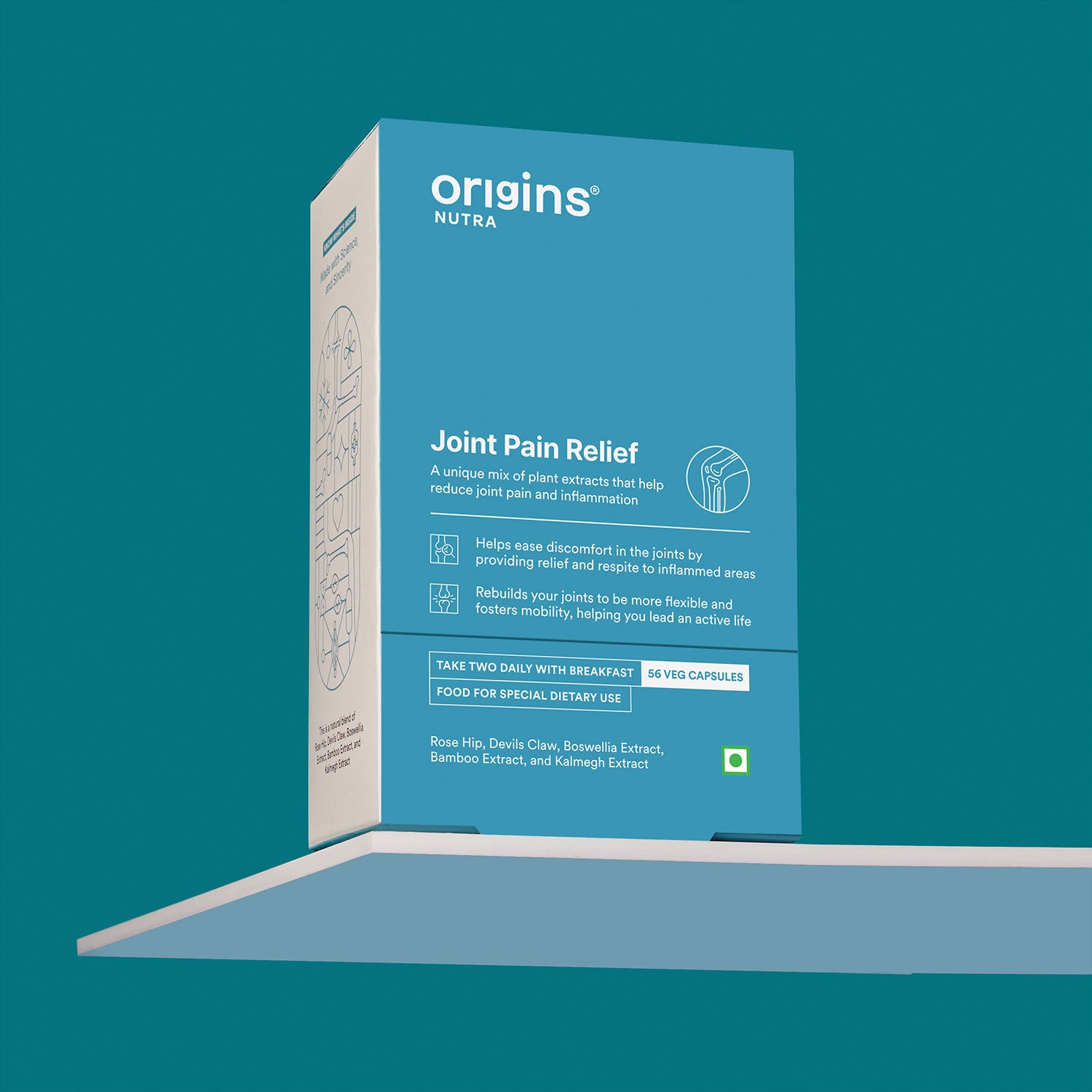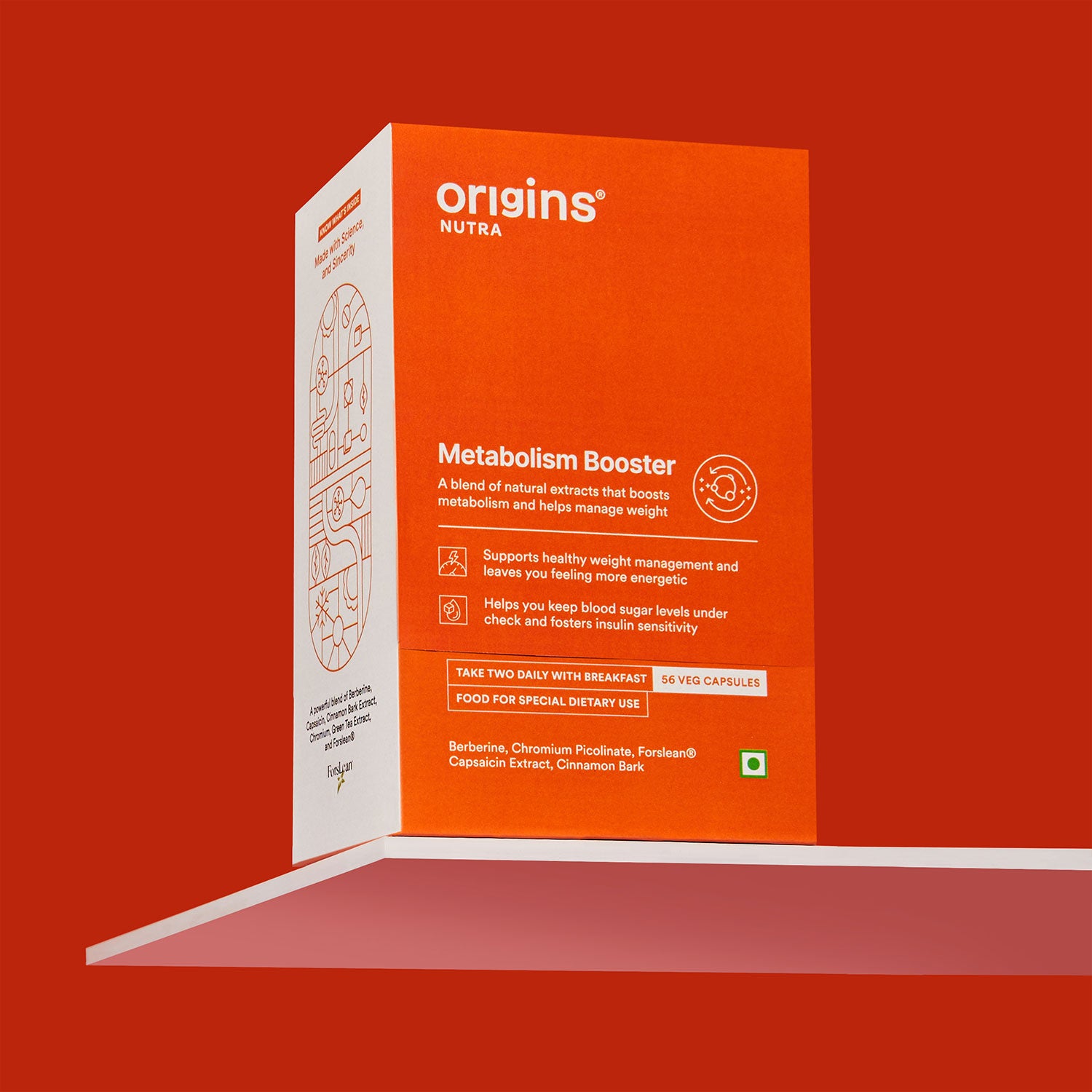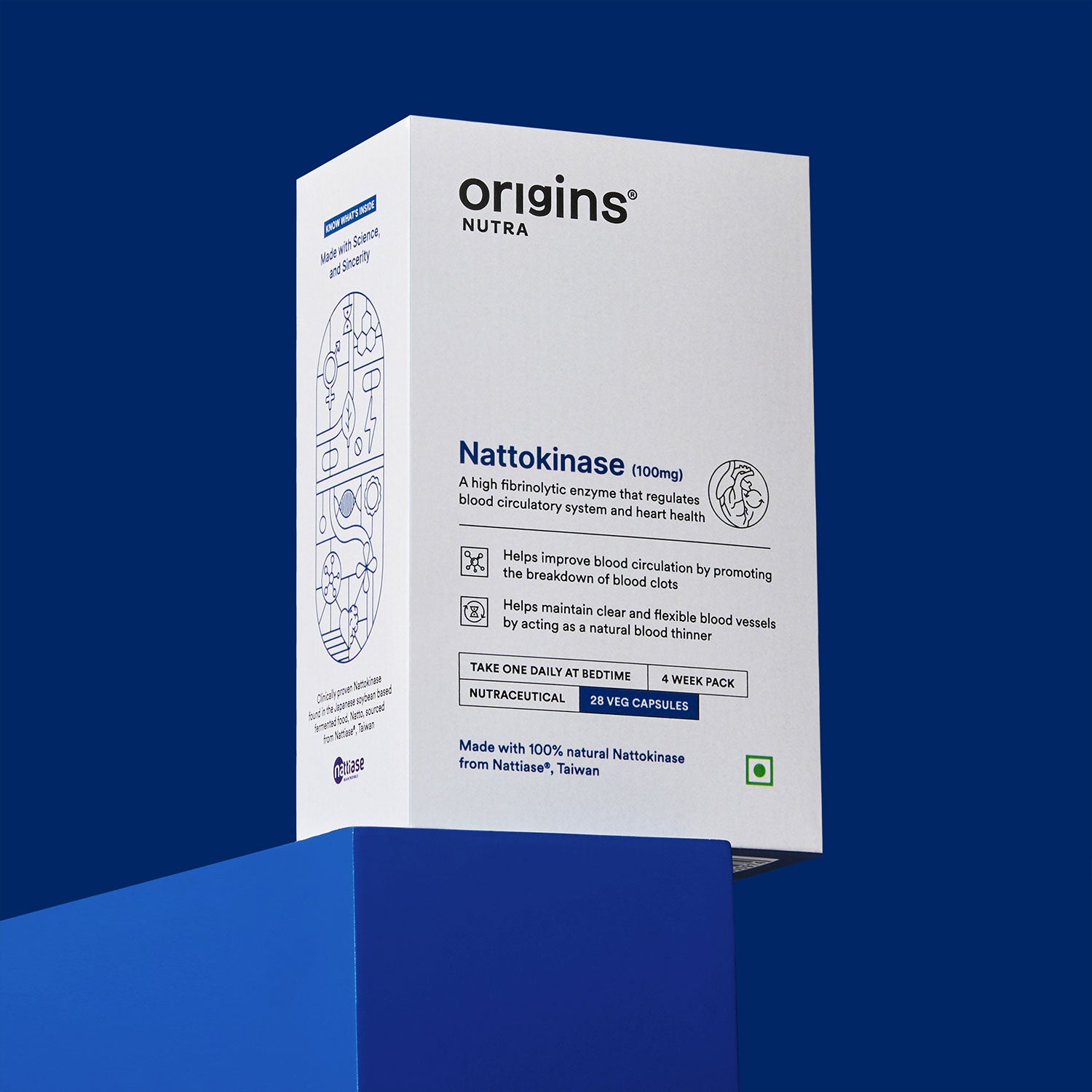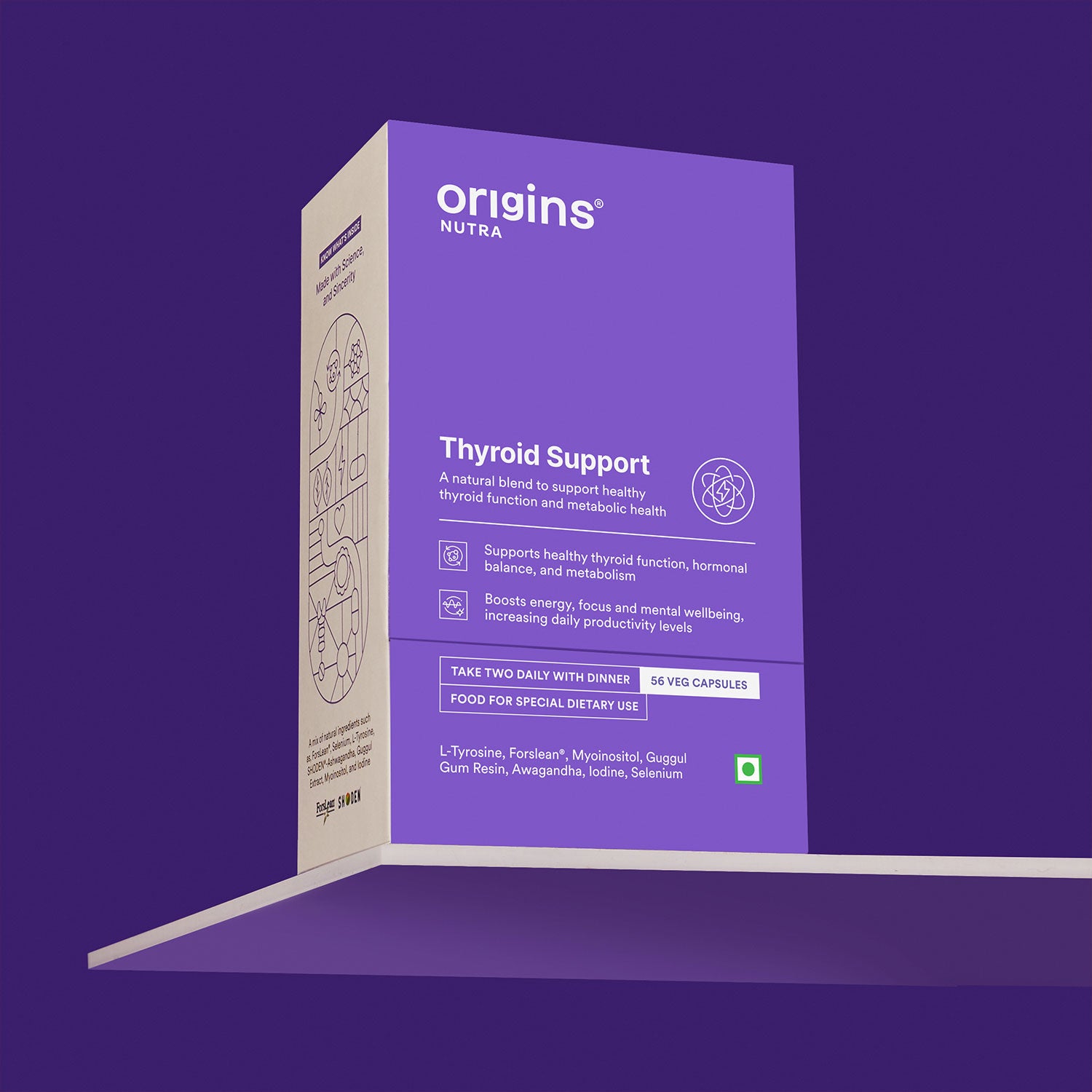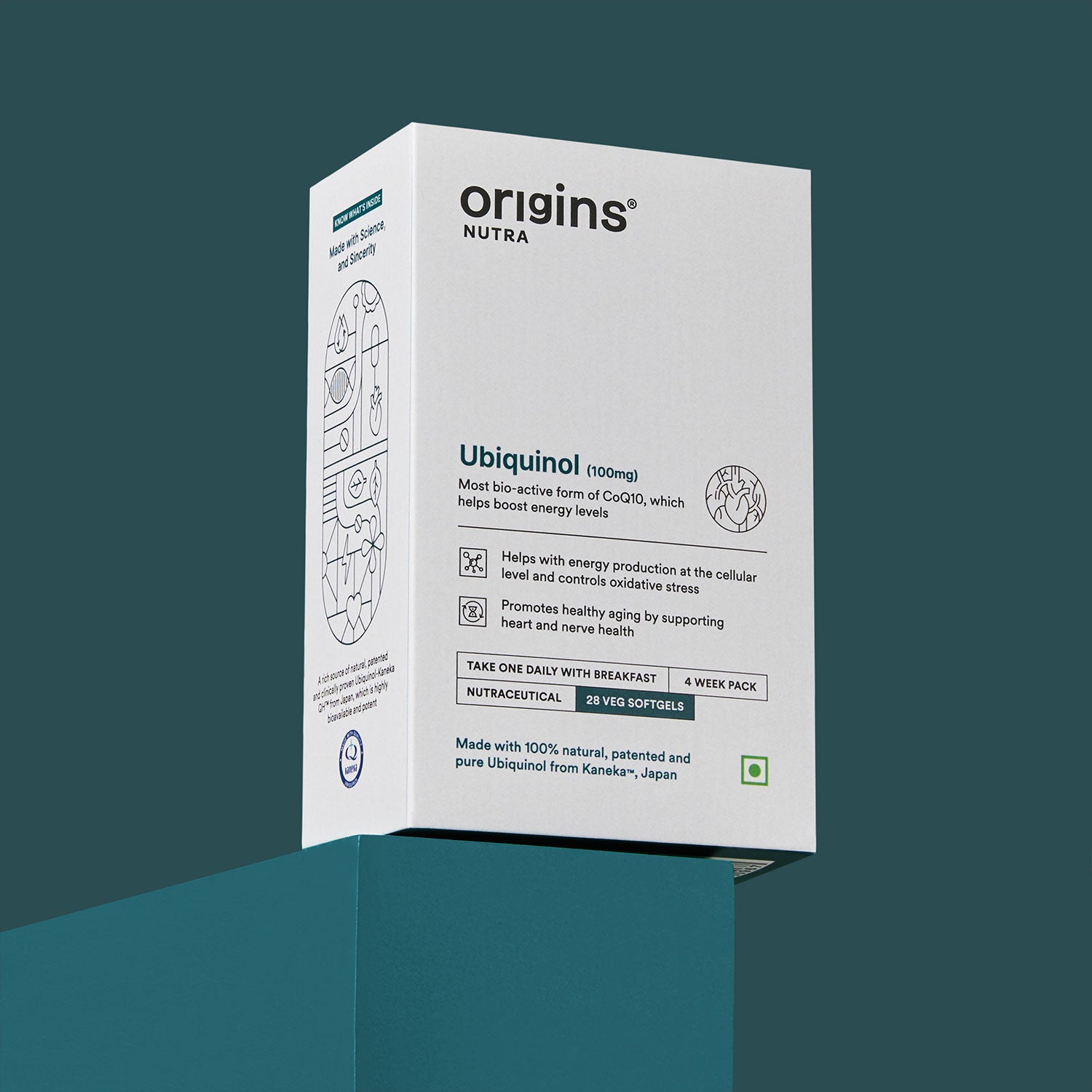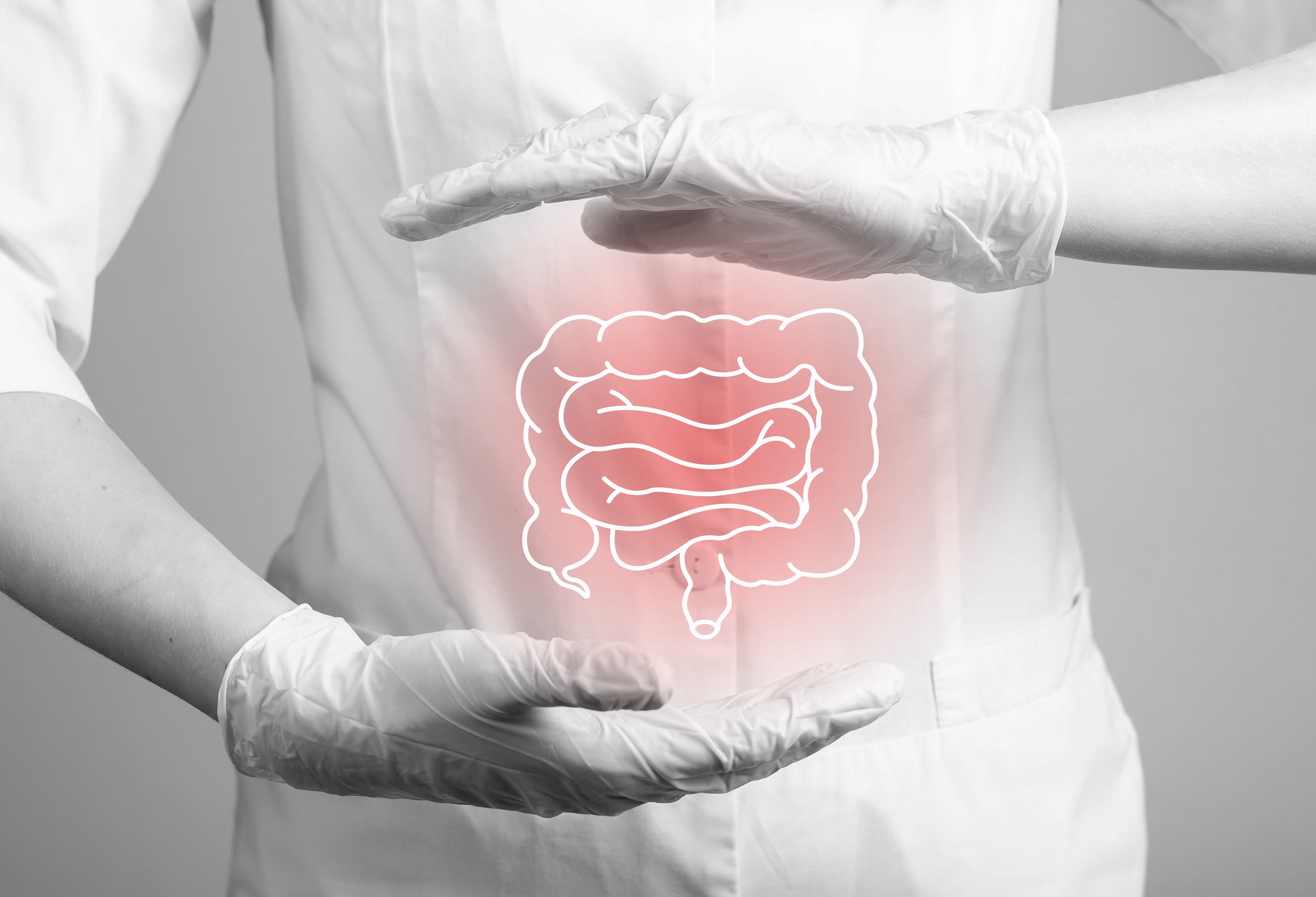How To Increase Your Calcium Absorption With Vitamin D!
To thrive in life, you need three crucial bones, a wishbone, a backbone, and a funny bone! And for all these bones to work well, you need a key that is your ‘CALCIUM’!
Did you know that you have between 206 and 213 bones and more than 600 muscles in your body? Calcium is needed for the structural support and physiological support of your body.
Calcium and its functions:
Calcium is a mineral that helps in building stronger bones, this is an undying fact. There are a lot of other functions performed by calcium in our bodies that go unnoticed.
- Calcium builds bones.
- It helps in muscle contraction.
- Maintains and regulates a healthy heart rhythm.
- Corrects mineral imbalances (during hyperkalemia- excess potassium levels, hyperphosphatemia-excess phosphate levels)
- Maintains hormonal balance (Parathyroid hormone)
- Supports growth and development.
- With the influence of vitamin D and parathyroid hormone, calcium helps in maintaining calcium homeostasis and bone mineral density.
The key to your Calcium absorption – VITAMIN D
The key to calcium absorption lies in the pro-hormone named Vitamin D.
Wait, what!! Is Vitamin D a hormone?
Technically, vitamin D is a vitamin and also a pro-hormone that converts into active hormone and regulates your calcium levels by stimulating intestinal and renal calcium absorption (calcium absorption from the kidneys).
How does the sunshine vitamin work in our bodies?

Vitamin D is also called the sunshine vitamin because of its source. The main source of natural vitamin D is the Sun.
- Human skin absorbs UVB rays from the Sun and uses 7-dehydrocholesterol to convert it into vitamin D3 (cholecalciferol). Vitamin D can also be obtained with dietary intake.
- Vitamin D3 is transported to the liver to be metabolized into 25 hydroxyvitamin D (25, OH D). This is called also calcidol which is the major circulating metabolite of Vitamin D3.
- From the liver, calcidol is circulated to the kidneys to be metabolized into 1, 25 hydroxyvitamin D which is 1, 25 (OH)₂ D. This is also called calcitriol which is the hormone that regulates calcium absorption.
- Calcidol and calcitriol are two major vitamin D3 metabolites. Calcitriol is the hormone that upregulates the active transport of calcium from the gut and suppresses the secretion of parathyroid hormone.
Vitamin D, PTH, and your calcium levels:
There is no bone without calcium. Similarly, there is no calcium without vitamin D.
The parathyroid gland produces the parathyroid hormone (PTH) that regulates the amount of calcium, magnesium, and phosphorous produced in the body.
The biological cycle between Vitamin D, calcium, and the parathyroid hormone is very crucial for most of our physiological functions.
- Vitamin D plays a crucial role in calcium absorption.
- Vitamin D insufficiency or deficiency is the reason for low calcium absorption in the body leading to calcium deficiency.
- The parathyroid gland comes to the rescue, identifies the deficiency in vitamin D, and secretes the parathyroid hormone (PTH) in increased amounts to compensate for calcium loss.
- Elevated PTH levels, signal the body to increase calcium reabsorption from the intestines, stimulate the process of osteoclasts, suppress intracellular calcium metabolites, and signal for renal reabsorption.
- Elevated levels of PTH also signal the kidneys to synthesize more vitamin D3 into the bloodstream.
- However, excessive stimulation of PTH or excessive intake of vitamin D might lead to hypercalcemia (elevated serum calcium).
- Hypercalcemia leads to brittle bones, osteomalacia, osteoporosis, arthritis, and kidney stones.
Both vitamin D and PTH hormones play a key role in bone mineralization and calcium homeostasis (stability).

Hypothyroidism and hyperparathyroidism can affect your calcium status:
Circulating vitamin D and calcium levels vary in both the cases of hypothyroidism (decreased levels of thyroid hormones) and hyperthyroidism (excessive secretion of thyroid hormones)
- During hypothyroidism, there is less or no PTH secreted, and there is low to zero absorption of calcium. External vitamin D and calcium supplementation supports bone and mineral balance.
- During hyperthyroidism, PTH is excessively secreted leading to vitamin D and calcium toxicity. Surgery to remove overactive parathyroid glands is a sure way to cure.
How do you know if you have low levels of vitamin D and calcium?
- Lab tests are very helpful to know your vitamin and mineral levels.
- Vitamin D levels can be measured by their circulating calcidol (25 OH D).
- The vitamin D normal range is between 20 - 40 ng/mL.
- Serum calcium levels are measured by a total calcium test.
- The normal range of serum calcium levels is between 8.5 – 10.2 mg/dL.
The various sources of calcium and vitamin D:
- Vitamin D is majorly found in the sunlight, cod liver, salmon fish, sardines, mackerel, tuna, mushrooms, egg yolk, and in fortified food products.
- The mineral calcium is found in dairy, Chinese cabbage, kale, and fortified food products.
What to do when your vitamin D and calcium levels are low?
There are various reasons why your calcium and vitamin D is low:
- Malabsorption of nutrients
- Gut-related issues especially in the intestines.
- Post surgeries and recovery.
- Pregnancy and lactation
- Poor diet
- Vegan diet
- Medications that interrupt nutrient absorption.
It is always advisable to uptake your dietary vitamin D and calcium through various food sources. However, due to malabsorption or other clinical issues, external supplementation is recommended to avoid risky consequences like osteoporosis, arthritis, and osteomalacia.
Can I take vitamin D and calcium supplements together?
Taking calcium with vitamin D3 benefits not just the bones but also has extra skeletal benefits preventing myopathy and muscle weakness.

What is the daily dose of Vitamin D and calcium?
Vitamin D plays a key role in calcium absorption. Parathyroid hormone along with vitamin D helps to regulate calcium levels in your body by preventing hyper and hypocalcemia.
For optimal bone health, the recommended dietary intake of vitamin D is:
- 600 IU/day for adults aged 19 – 70 years.
- 800 IU/day for adults aged above 70 years.
- The recommended dietary calcium intake is 1000 mg/day for adults, and 1200 mg/day for women and the elderly.
- The recommended calcium intake increases for pregnant and lactating women.
Do calcium and vitamin D supplements increase the risk of cardiovascular disease?
Although calcium and vitamin D supplementation has its benefits, excessive supplementation of calcium with or without vitamin D can have negative consequences on cardiovascular health.
A meta-analysis found an increased risk of stroke when calcium supplements were used in combination with vitamin D.
Observational studies also concluded that hypercalcemia that might happen due to excessive calcium supplementation (larger doses of supplementation) beyond the RDA limits can hamper your health by affecting your non-skeletal pathways such as thrombotic pathways and vascular calcium.
Large doses of calcium supplementation can lead to cardiovascular events due to vascular calcification, kidney stones, and colon polyps.
Key points to remember:
- It is advisable to increase your dietary calcium from foods like spinach, milk, curd, finger millet, black gram (urad dal), and sesame seeds.
- If you are a vegan, it is advisable to consume dietary calcium from calcium-fortified foods.
- Calcium deficiency is very common and hence exposing yourself to the morning sunlight compliments your calcium absorption.
- Calcium supplementation is advisable in recommended dosage in case of deficiencies.
- Vitamin D3 supplementation along with calcium is a great combination to prevent age-related calcium loss.
- Vitamin D3+ calcium + magnesium is a combination that is helpful for athletes and women in their menopausal age. Vitamin D3 and calcium promote bone mineral density and support bone disorders like osteoporosis, magnesium regulates heartbeat and relaxes muscles.
FAQ's (Frequently Asked Questions)
1) What increases calcium absorption?
Calcium absorption is enhanced by Vitamin D, especially the active form, calcitriol, which helps the intestines absorb calcium efficiently.
2) Which factor enhances calcium absorption?
Vitamin D boosts calcium absorption by activating calcium transport in the intestines. Protein supports this process by stimulating calcium-binding proteins in the gut, making calcium easier for the body to absorb.
3) What stops you from absorbing calcium?
Calcium absorption can be hindered by low Vitamin D levels, high sodium intake, excessive caffeine, alcohol, and certain medications.
4) What mineral blocks calcium absorption?
Excessive phosphorus, found in sodas and processed foods, can interfere with calcium absorption.
5) What food is highest in calcium?
Dairy products like milk, cheese, and yogurt are the richest sources of calcium. For plant-based options, try fortified foods, leafy greens like kale, or seeds like sesame.
